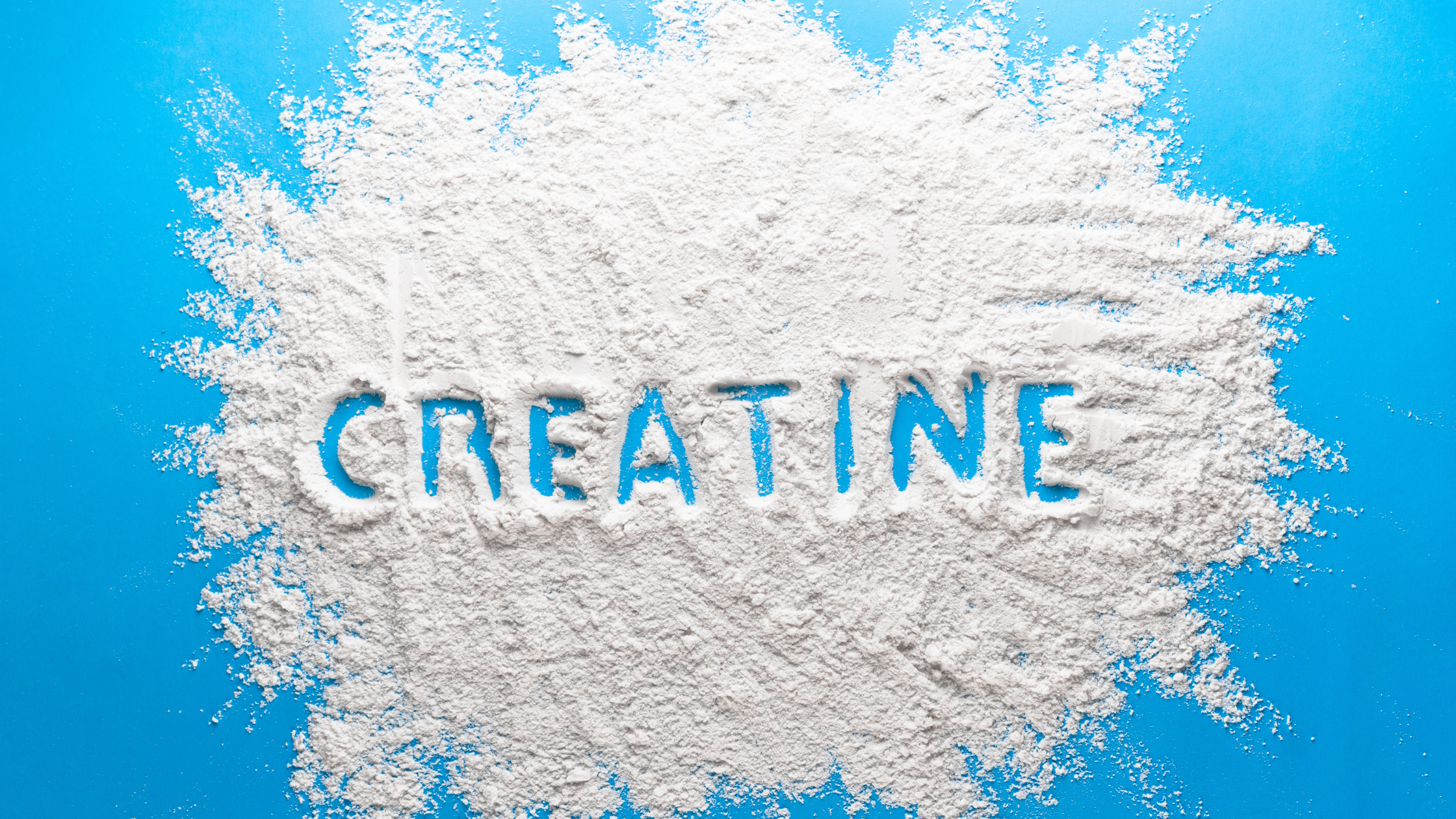Introduction
Creatine is a popular supplement for boosting athletic performance and muscle growth. However, some individuals seek natural alternatives due to dietary preferences, allergies, or side effects. This article explores the best natural alternatives to creatine, highlighting their benefits and how to incorporate them into your fitness routine.
Natural Alternatives to Creatine
Beta-Alanine
Benefits: Beta-alanine is an amino acid that enhances muscle endurance by increasing carnosine levels in muscles, which helps buffer acid build-up during high-intensity exercise. This can delay muscle fatigue and improve performance.
Sources: Beta-alanine can be found in foods like poultry, meat, and fish. For supplementation, look for beta-alanine powders or capsules.
Branched-Chain Amino Acids (BCAAs)
Benefits: BCAAs (leucine, isoleucine, and valine) are essential amino acids that help reduce muscle soreness, promote muscle protein synthesis, and enhance recovery.
Sources: BCAAs are present in high-protein foods like meat, dairy, eggs, and legumes. Supplements in powder or capsule form are also available.
Citrulline Malate
Benefits: Citrulline malate helps increase blood flow to muscles, reduce muscle fatigue, and enhance endurance. It converts to arginine in the body, boosting nitric oxide levels and improving circulation.
Sources: Watermelon is a natural source of citrulline. Supplements are available in powder form for easy consumption.
Beetroot Juice
Benefits: Beetroot juice is rich in nitrates, which can enhance blood flow, improve oxygen delivery to muscles, and boost exercise performance. It is particularly beneficial for endurance activities.
Sources: Fresh beetroot juice or concentrated beetroot powder can be used as pre-workout supplements.
HMB (Beta-Hydroxy Beta-Methylbutyrate)
Benefits: HMB is a metabolite of the amino acid leucine. It helps reduce muscle protein breakdown, supports muscle growth, and enhances recovery. HMB is particularly useful during periods of intense training or calorie restriction.
Sources: HMB supplements are available in powder or capsule form.
Comparison Table of Natural Alternatives
| Alternative | Key Benefits | Natural Sources | Supplement Form |
|---|---|---|---|
| Beta-Alanine | Enhances muscle endurance, delays fatigue | Poultry, meat, fish | Powders, capsules |
| BCAAs | Reduces muscle soreness, promotes synthesis | Meat, dairy, eggs, legumes | Powders, capsules |
| Citrulline Malate | Increases blood flow, reduces fatigue | Watermelon | Powders |
| Beetroot Juice | Improves oxygen delivery, boosts endurance | Fresh beetroot | Juice, powders |
| HMB | Reduces muscle breakdown, supports growth | None (metabolite of leucine) | Powders, capsules |
How to Incorporate These Alternatives?
Pre-Workout Supplements
- Beta-Alanine: Take 2-5 grams about 30 minutes before your workout.
- Citrulline Malate: Consume 6-8 grams approximately 30-60 minutes before exercise.
- Beetroot Juice: Drink 500 ml of beetroot juice or take 1-2 teaspoons of beetroot powder before workouts.
During and Post-Workout
- BCAAs: Mix 5-10 grams of BCAAs with water or your favorite beverage to consume during or immediately after workouts.
- HMB: Take 3 grams daily, divided into three doses, to support muscle recovery and growth.
Conclusion
Exploring natural alternatives to creatine can offer varied benefits, enhancing athletic performance and muscle growth without relying on synthetic supplements. Incorporating these natural options into your fitness routine can help you achieve your goals while catering to your dietary preferences and health needs.
For more tips on fitness and nutrition, visit our Fitness and Nutrition section.

